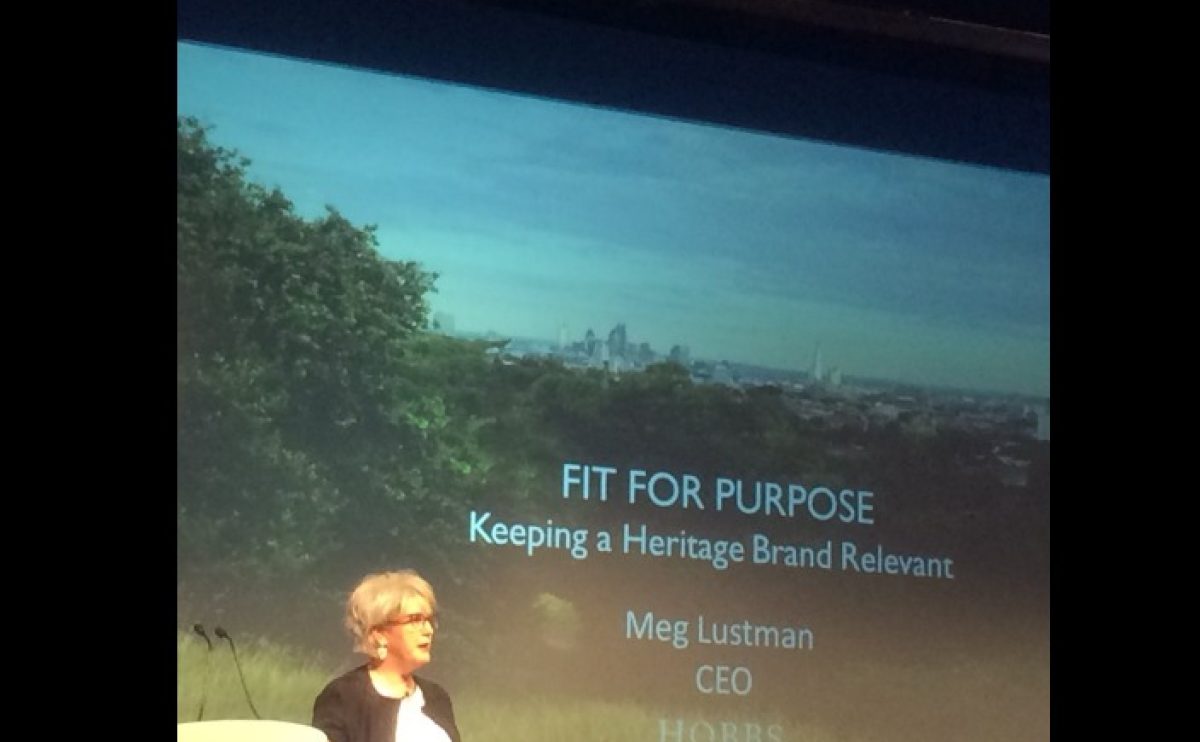Attending the British Retail Consortium’s Retail Symposium conference last week, Zara Weller, our UK Business Development Manager found it enlightening to hear the different views from the top CEOs on their retail industry growth plans.
Here’s her summary of how UK High St retailers plan to grow:
Hobbs- their short-term plan is to create a strategy and execute a loyalty program using their psycho-graphic profiling of customers. They want to speak to their customers personally and appeal to their individual mindsets instead of targeting a particular age bracket or level of spending. Now they have a very good understanding of who their customers are, they are working carefully to communicate in the right way. Their knowledge of their customer is really impressive, Meg Lustman knows ‘her’ very well. Hobbs is also carefully expanding into the US and is building their new-ish collection called ‘Faithful’ which offers wardrobe staple pieces.
Hobbycraft- they have 85 stores and want to get to 200 – WOW! They are fully embracing who their customer is and they are ploughing ahead in regards to tech. Click & Collect, admittedly is still work-in-progress; they are aiming for mobile tills, creating online verticals and international expansion.
Online Retailers’ view:
Shop Direct – they are focusing their energy on three things- Artificial Intelligence, conversational commerce and virtual reality – we will have to use our imaginations to work out exactly how this might transpire! Conversational commerce or ‘talking to consumers on a personal level’ was a topic brought up by most speakers and something discussed on our recent blog about millennials.
Not on the High St – Simon Belsham (CEO) repeated they are ‘giving gifted entrepreneurs access to the world’. They plan to expand internationally but will remain consistent in the UK. They estimate 50% of their sales last year were from businesses who were less than 12 months old.
Brand Alley – for a relative newcomer to online retailing they seem to have their formula just right. Consumers have to become members and are invited to carefully targeted sales promotions. The brands /partners are chosen strategically and sell discounted stock that would otherwise be causing logistical problems. Therefore brands get rid of excess or unsold stock, on a premium customer-focused platform. The customers’ information is shared with the brands and customers are spending roughly £120 per basket and buying an average of 2.5 items- so it’s fair to say it’s working.
To conclude, the highlight was hearing each of the speakers know exactly who their consumer is; which is how our retail design consultancy behaves too. Getting underneath the data and to the person on an individual level means the retail strategies and store design can be personal.
Read our earlier blog on big data and consumer profiles Here.


